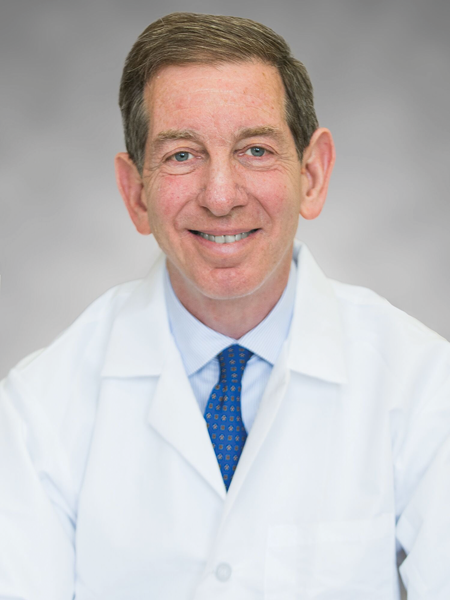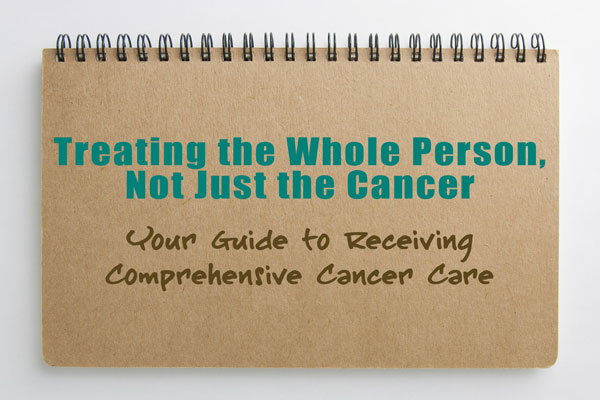Treating the Whole Person, Not Just the Cancer
Your Guide to Receiving Comprehensive Cancer Care
by Jennifer E. Schiff, NP, and Alan B. Astrow, MD
At one time, not too long ago, oncology healthcare providers focused mainly on the technical aspects of cancer treatment, and little attention was paid to the psychological and social needs of the people they were treating. To give you an example, men with prostate cancer were treated with surgery and radiation, but they often were not prepared for the physical changes that accompanied these treatments. Additionally, young people were cured of leukemia through rigorous treatment courses; however, many were not fully informed about the potential late and long-term treatment effects they would face.
Cancer survivors, of course, need these treatments. But survivors also deserve to know how their treatment will affect their quality of life, how much it will cost them financially (and how to afford it), and what their life will look like once treatment is over.
A Paradigm Shift
Just as cancer treatments have evolved, so too has the model of cancer care. Where once people with cancer were treated in independent private practices, now many people receive their care in comprehensive cancer centers. These large centers allow for access to innovative medical care while also having the resources to provide supportive services like oncology social workers, psychotherapy, nutrition classes, and financial assistance. In short, cancer care providers have come to understand that each person with cancer needs to be treated as not just a collection of body parts, but as a physical, emotional, and spiritual being.
Cancer care providers have come to understand that each person with cancer needs to be treated as not just a collection of body parts, but as a physical, emotional, and spiritual being.
Establishing this type of relationship with your care team can sometimes feel intimidating. Some people think it’s a sign of weakness to admit they are experiencing emotional or financial stress, or they may just feel uncomfortable raising these issues with their healthcare providers. However, as medical practitioners, we want you to know that we aspire to treat the whole person, not just the disease. We take financial and emotional concerns just as seriously as physical side effects.
Comprehensive Care
As many as 40 percent of people newly diagnosed with cancer report some form of distress. This may include feelings of fear, sadness, or worry, all of which are normal in the face of troubling news. Distress, however, can interfere with your ability to cope effectively with cancer.
National cancer guidelines recommend screening every cancer survivor for symptoms of distress. As such, your oncology team should periodically ask you how treatment is going. If they don’t ask, you should feel empowered to volunteer the information.
A small percentage of cancer survivors will experience significant psychological symptoms of anxiety or depression that require further treatment. So, it’s important to report all changes in mood to your healthcare team. Most cancer centers have robust psychosocial referral systems and can connect you with someone who specializes in treating people affected by cancer.
A diagnosis of cancer may change your perspective, but it doesn’t have to leave a scar. Well-organized supportive services can supplement your own strengths and resources, help you get through treatment, and help you adjust to bodily changes. But your healthcare team cannot help you unless they know your concerns.
Be open with your healthcare providers, as they are a resource in and of themselves. They have walked beside others who are going through what you’re going through and often have useful insights to share. They can also connect you to the services and people who could make all the difference in your healing journey.


Jennifer Schiff is a medical oncology nurse practitioner specializing in breast cancer at NewYork-Presbyterian Brooklyn Methodist Hospital in Brooklyn, NY.
Dr. Alan Astrow is chief of Hematology/Medical Oncology at NewYork-Presbyterian Brooklyn Methodist Hospital and professor of Clinical Medicine at Weill Cornell Medicine in New York, NY.
This article was published in Coping® with Cancer magazine, September/October 2021.


